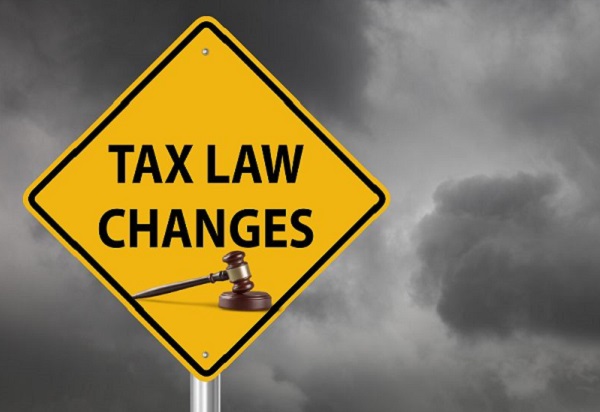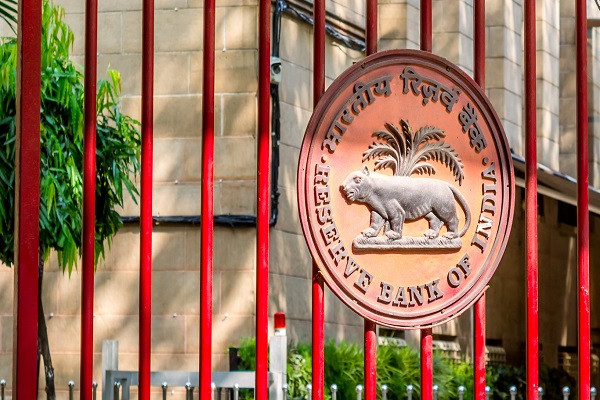.png)
Sangeeta is a Chartered Accountant and Cost Accountant. She specialises in direct tax advisory, litigation support, and compliance, and has previously worked across Big Four firms and mid-sized firms.
November 13, 2025 at 9:36 AM IST
Benjamin Franklin once remarked that “death and taxes are life’s certainties.” For Indian businesses, that certainty has often come with dread. Running a business here has long meant navigating a maze of rules where even small mistakes could lead to criminal charges. Over time, the tax system begins to feel less like a framework for compliance and more like a mechanism of control.
That is beginning to change. With the introduction of the new Income Tax Act, 2025, the Transparent Taxation Platform, the Jan Vishwas Act, 2023, and now NITI Aayog’s policy paper Towards India’s Tax Transformation: Decriminalisation and Trust-Based Governance, the country is attempting a long overdue correction. The aim is to build a fair, transparent, and predictable tax regime that enhances taxpayer confidence and strengthens India’s appeal as an investment destination.
The 2025 Act sets out a trust-based governance model. It decriminalises 13 minor offences, introduces clearer distinctions between error and intent, and confines prosecution to serious cases. Even so, criminal penalties for 35 offences, including 25 that carry mandatory minimum imprisonment.
NITI Aayog’s paper lays down the guiding principles for this shift. It calls for penalties that match the seriousness of the violation and the intent behind it. Errors that pose no harm to the public—such as failing to obtain an inventory valuation—should not attract criminal prosecution. Wilful tax evasion or fraudulent property transfers should be dealt with greater severity.
The paper proposes eliminating duplicative provisions, conducting pre-legislative impact assessments, considering human rights implications, ensuring precise drafting, exploring alternative sanctions, and mandating periodic review of tax criminal laws.
The paper recommends decriminalising offences with ambiguous language such as wilful attempt to evade tax or those involving procedural lapses without malicious intent. Instead of harsh criminal sanctions, it proposes civil penalties, which are often found to be more effective, providing a quicker, fairer, and more efficient approach.
Some offences, particularly those with potential to undermine fiscal integrity, will remain criminalised, but with higher thresholds and better safeguards. For instance, the proposal to raise the prosecution threshold from ₹2.5 million to ₹10 million, and to require Tribunal confirmation before proceeding in smaller cases, reflects an intent to reserve prosecution for deliberate wrongdoing.
Sections 476 and 477, which deal with delayed remittance of TDS or TCS, have been singled out for reform. Under current provisions, even minor or unintentional delays can attract imprisonment and fines. In the Rayala Corporation case, a procedural delay led to conviction, an outcome that exposed how harshly the law can operate in practice.
Although Section 486 provides relief where a taxpayer demonstrates reasonable cause, judicial interpretation has often been strict, resulting in hardship for bona fide defaults. Statistical trends show a growing reliance on prosecution by the tax department—nearly 40,000 cases were under scrutiny between 2022 and 2024.
Each prosecution typically triggers prolonged litigation, with an average timeline of 10–12 years. For both businesses and investors, that level of uncertainty acts as a powerful deterrent.
Global Lessons
The NITI Aayog paper takes inspiration from international practice. Mature tax systems in countries such as the United States, Germany, the United Kingdom, Austria, and Japan prosecute only where intent to defraud is proven. Administrative lapses—late filings or minor errors—are handled through financial penalties, not criminal courts.
This is the model India now seeks to follow: a system that is firm on evasion but fair to those who make genuine mistakes. Reflecting these global best practices, the NITI Aayog paper proposes aligning India’s tax framework with international standards by decriminalising technical defaults and confining prosecution to wilful or fraudulent conduct.
India’s tax system has long been criticised for treating taxpayers as suspects rather than stakeholders. The emerging framework signals a break from that mindset. The shift from coercion to cooperation will do more for India’s fiscal health than any rate cut or incentive scheme.
It will not only reduce compliance burdens but also boost foreign investor confidence and reinforce trust in Indian governance. As the country moves towards its Viksit Bharat 2047 vision, a fair, transparent and proportionate tax system will be central to its credibility. Only then will the regime take a necessary step towards maturity, a system where justice and fairness are not at odds, but part of the same design.




